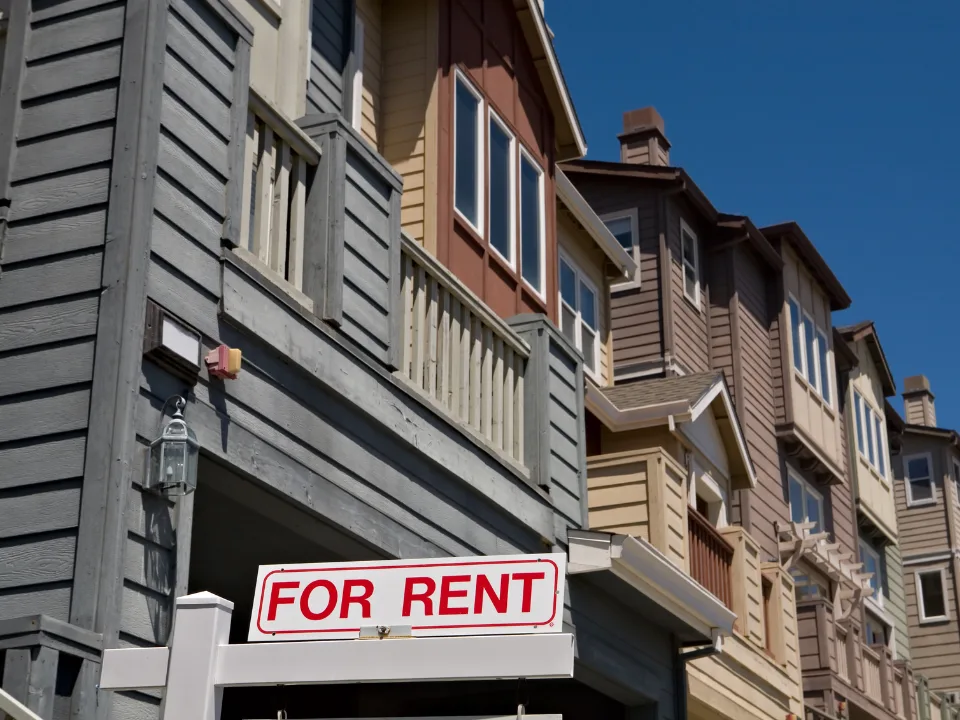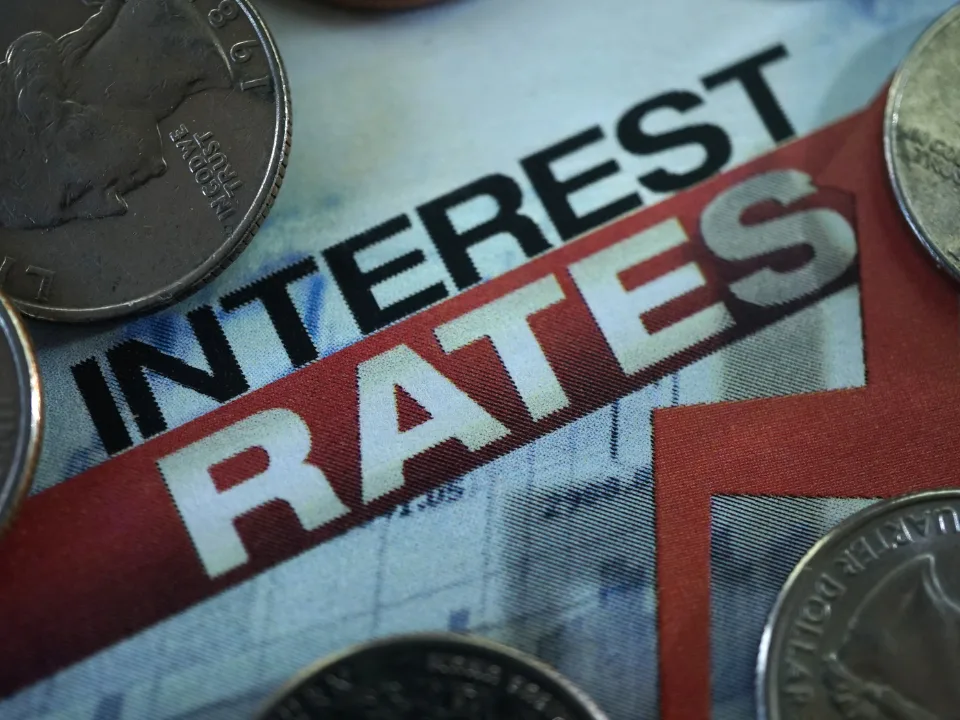- CRE borrowers are navigating refinancing hurdles as interest rates rise, with defaults expected to increase, especially in office.
- Roughly $950B in CRE mortgages maturing in 2024 are tied to rates significantly below current levels, intensifying refinancing challenges.
- Regulators and investors are scrutinizing banks with high CRE exposure, though the stress is not anticipated to trigger systemic deleveraging.
- Despite concerns, life insurers’ CRE mortgage investments reached record highs in 2024, highlighting sector-specific resilience.
According to PR Newswire, a recent report from S&P Global Market Intelligence outlines the growing stress on CRE borrowers as refinancing becomes more costly due to higher interest rates. The report, part of the Big Picture 2025 Outlook Report Series, explores the implications for banks, life insurers, and REITs.
Refinancing Hurdles
With approximately $950B in CRE mortgages set to mature in 2024, borrowers face steep challenges. Many loans originated at rates 200 bps lower than current levels, creating significant increases in debt service. This has led to higher default risks, particularly in office, which continues to struggle with post-pandemic behavioral shifts such as remote work.
Sector-Specific Resilience
Despite these challenges, certain asset classes remain more stable. Life insurers have continued to increase their holdings in mortgage loans, achieving record highs in 2024. Additionally, publicly traded REITs, though still trading at discounts to NAV, have shown improved valuations compared to 2023 lows.
Regulatory Focus
Banks with substantial CRE exposures are under closer scrutiny from regulators and investors. While the potential for defaults is high, S&P Global notes that the situation is unlikely to cause significant deleveraging across the financial system or threaten broader economic stability.
Why It Matters
The report highlights that while CRE borrowers will experience increased stress, the broader financial system is well-positioned to weather the storm. This nuanced perspective suggests that while pockets of pain are expected, particularly for office properties, diversified exposure, and careful management can mitigate widespread fallout.
Get Smarter about what matters in CRE
Stay ahead of trends in commercial real estate with CRE Daily – the free newsletter delivering everything you need to start your day in just 5-minutes


















